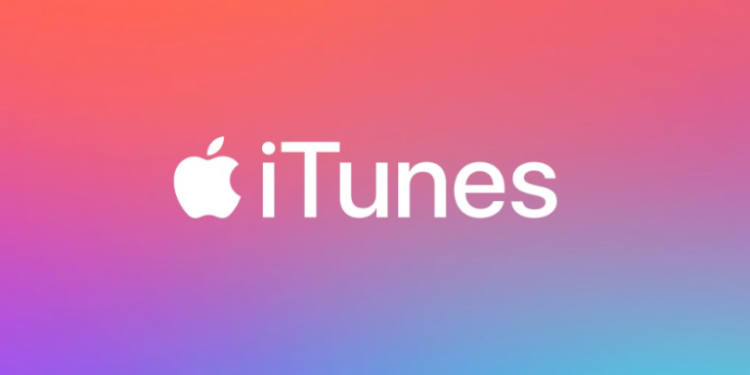Over the last two decades, Apple has been connecting millions of music listeners to their favorite songs through iTunes. The company has generated billions of dollars through the service but there continues to be rumors that Apple will shut it down sometime in the near future. Tech experts were discussing this between 2017 and 2019; however, the talks have calmed down a bit during the global pandemic.
Is there any evidence that Apple plans to shut down iTunes? Yes, depending on how you look at the current lineup of products and services. Even though it has been a popular product in the past, Apple has not developed a hardware update to the 7th generation iPod Touch that released several years ago. The product is still for sale at the $199.99 price point for a 32gb iPod Touch and it rises depending on how much storage you want with this device. iPod Touch can download iTunes and stream music through Apple Music app. The lack of a product upgrade signifies that Apple does not plan to keep developing products that are made to primarily store and archive iTunes content. Also, when a user runs out of storage space on iPod Touch they are forced to send new iTunes content to iCloud, which means they will need an internet connection to play the additional songs. While many public places have a Wi-Fi setup, it is impossible to listen to songs on iCloud during the rare times when you are not near an internet connection.
The other piece of evidence is Apple’s marketing of the Apple Music service while choosing not to generate buzz about iTunes. iTunes is still a significant profit-generating service that makes billions for Apple, but it feels like they are shutting down because they hardly ever talk about it. They devote a lot of marketing resources for Apple Music app and virtually none for iTunes these days. Some tech experts are viewing this as a clear sign that Apple Music is the company’s top priority.
Apple Music is one of the most popular music streaming services available. It receives praise from tech experts for its advanced audio output. Many users transfer to Apple Music and decide to stick the with the service after they experience the sound quality. Even though Apple Music is very reputable, there is still a dichotomous situation: half of the userbase are comfortable streaming all of their music content and the other half is finding their way through the service as they are used to iTunes or MP3 downloads.
This causes consumers to make a significant decision. While its true that users can run iTunes and Apple Music apps on their devices, there is always the user experience that one or the other should be a primary focus. Users who are comfortable with streaming may find that downloading music on iTunes is a thing of the past. People who enjoyed the process of downloading iTunes may not want to give up what they’re familiar with simply to join a streaming service that is singles-driven rather than the purchase of songs and albums as individual, digital pieces of art.
Some who are accustomed to iTunes enjoy the service because artists typically earn more money through the service rather than streaming. Artist on Apple Music get paid one cent or less for every stream. If an artists creates a viral song that is everywhere on the internet, something like a “Gangnam Style” that gets billions of streams, artists could generate millions of dollars from one successful song. The reality for the majority of artists who are interested in making good albums and connecting it with the fans is that some of their audience will be unlikely to stream the entire project-instead opting to listen only to the songs they already know.
Music streaming is here to stay but that doesn’t mean it’s perfect. Apple and other tech companies like Spotify and Amazon need to develop hardware and software solutions that addresses the needs of both segments of the marketplace. If they can create devices that can stream music and preserve the album experience, it would be satisfactory for many whether Apple chooses to continue with iTunes or not.


